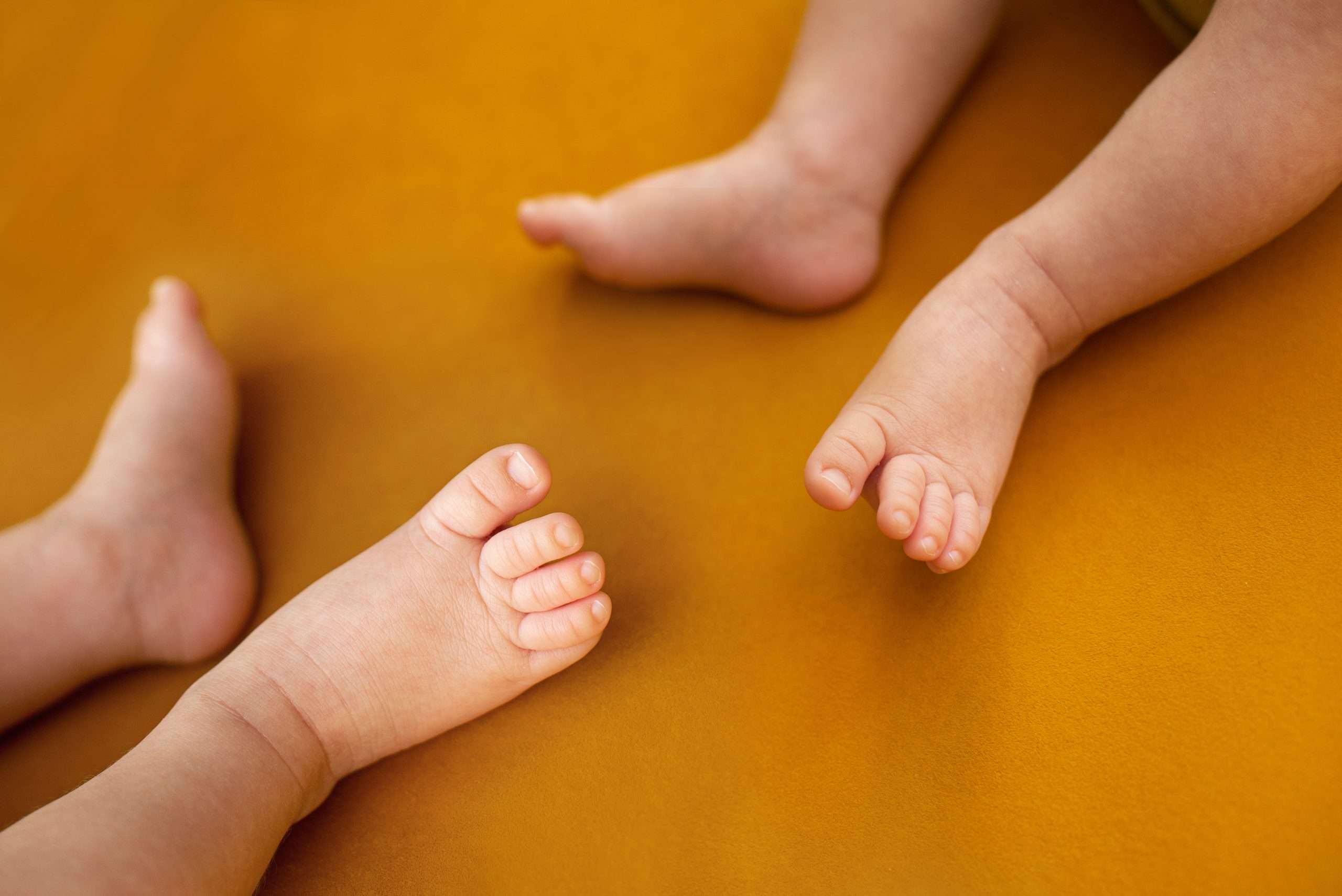Whenever I speak to parents of twins, inevitably someone in the audience feels compelled to share his/her most recent story about the most annoying, hurtful, outrageous, unbelievable, or exasperating twin comment they have experienced. A resounding groan of empathetic understanding and laughter resonates throughout the audience.
So, in light of these cosmic occurrences, I have decided to create my own Emily Post “post” to help educate the uninitiated about how to approach twins and their parents with sensitivity, emotional intelligence, and tact.
TIP 1
DON’T ASK EXPECTABLE QUESTIONS
- Who is older?
- Is she (he) the shy one?
- Who walked first?
- Were they natural or did you have IVF?
- Which one is your favorite?
- Why is the redheaded twin more talkative than her sister?
- Why are they fighting with each other?
- Are you sure they are identical?
Parents of twins do understand that these questions and inquiries are well-intentioned attempts (most of the time) to find a way to differentiate one twin from the other. Try the following approach and see what happens.
DO ASK:
- What are their names?
- How shall I remember who is who?
- How are they different?
- What are their personalities like?
- What does each one like to do?
- What are their preferences?
Tell me about each of them. Make your own observations about each twin just as you would if there were one baby – and do it twice.
The goal is to help family, friends, and strangers focus on each twin’s uniqueness and individuality. Approaching twins in these ways helps parents mitigate their concerns about how much their children are being labeled and compared. They will sincerely appreciate your efforts to relate to their children as two separate people.
Don’t make comparative or labeling statements in front of the twins themselves. Contrary to popular thought, even babies as young as toddlers understand these communications and take them to heart. Parents whose twins look remarkably alike need to help outsiders identify each twin by dressing them in different colors, pointing out any distinguishing features, or styling different haircuts.
TIP 2
DON’T FEEL COMPELLED TO SHARE YOUR FEELINGS ABOUT RAISING TWINS
- How do you tell them apart?
- Double trouble, right?
- Glad it’s you and not me…
- How do you do it?
- I have kids that are close in age, and it’s the same as having twins.
DO REMARK:
You are doing an amazing job. I admire how you are able to manage two babies at the same time. They are lucky to have such a patient and loving mom/dad.
TIP 3
DON’T MAKE IDEALIZED STATEMENTS ABOUT BEING A TWIN
- They must be best friends.
- They won’t ever have to worry about being alone.
- They are each other’s soulmates.
- They probably never fight.
It is a blessing on many levels to be a twin; however, twins and their families are unduly influenced by our cultural fascination with twins. If twins grow up imbued with these sorts of twin myths, they may feel as if something is wrong with them if they don’t feel this way about their twin relationship. Help your family and friends appreciate the twins’ relationship rather than romanticize it.
DO REMARK:
“It’s wonderful that they have each other!” and leave it at that. If you want to add a bit more, say something along the lines that as in any partnership, there are ups and downs.
TIP 4
DON’T CONFRONT A PARENT WHO IS ALONE WITH ONE OF THE TWINS BY ASKING:
- Where is his twin?
- How can you take out one and leave the other alone?
- Aren’t you going to ruin the twinship?
- Isn’t he miserable and sad without his twin?
DO REMARK:
It’s great that you are giving each twin alone time. I imagine it takes a bit of creative juggling to make it happen. I admire you for making this a priority. It must be wonderful for you and each twin to have time alone together.
TIP 5
DON’T PAY ATTENTION TO THE TWINS FIRST IF THEY ARE WITH OTHER SIBLINGS
Don’t judge the sibling’s behavior as rude or impolite if he appears sullen or upset. Be empathetic and understanding. Siblings of twins have it rough sometimes, and they deserve recognition and acknowledgment. Talk to them about the challenges of being a twin, such as having to share so many things and being compared so much of the time.
DO REMARK:
Ask the siblings their names, ages, and preferences. Ask them about themselves, not about their relationship with the twins. If he/she seems does not feel like engaging with you, just acknowledge politely that he/she doesn’t feel like talking. Then you can turn your attention to the parents and the twins. Keep this advice in mind. Parents of twins and the twins themselves will be forever grateful.


